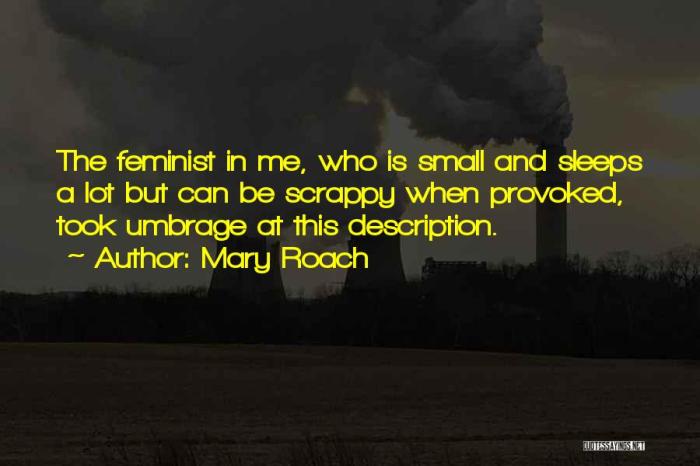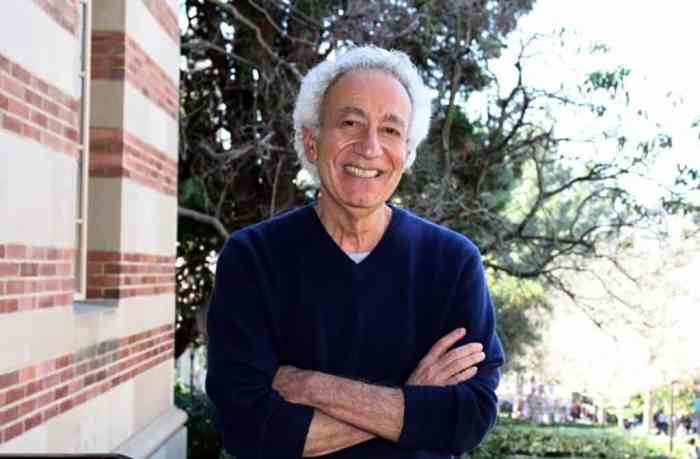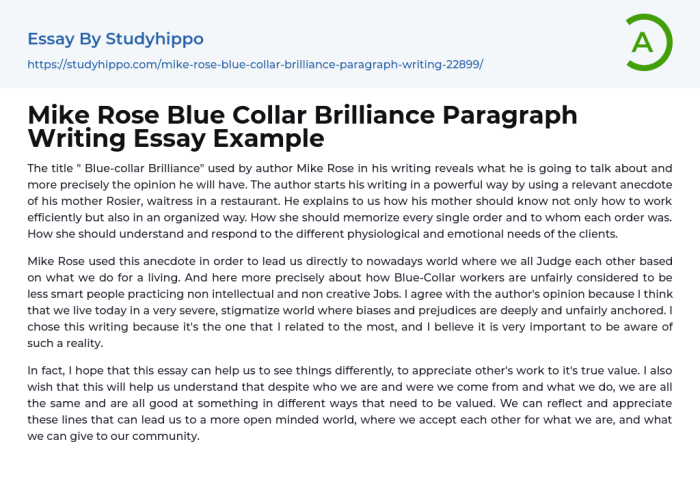Blue collar brilliance mike rose – Mike Rose’s groundbreaking work, “Blue-Collar Brilliance,” has ignited a transformative dialogue about the nature of intelligence, the value of non-traditional knowledge, and the urgent need to redefine educational equity. Rose’s critique of traditional educational systems and his emphasis on recognizing and valuing the brilliance that exists beyond the confines of standardized tests have profoundly shaped the field of education, inspiring educators and policymakers alike to reimagine the possibilities for all students.
Rose’s personal journey, marked by both struggles and triumphs, provides a compelling lens through which to examine the challenges and opportunities facing education today. His insights into the diverse ways that students learn and the importance of honoring their unique strengths have had a profound impact on educational policies and practices, leading to the development of more inclusive and equitable learning environments.
Introduction

Mike Rose is a renowned American scholar, author, and educator whose work has significantly contributed to the field of literacy studies and social justice in education. His groundbreaking book, “Blue-Collar Brilliance: Working-Class Kids’ Secret Struggle to Make It in School,” explores the concept of “blue-collar brilliance,” highlighting the often-overlooked strengths and intelligence of working-class students.
The term “blue-collar brilliance” refers to the unique abilities, talents, and knowledge that working-class students possess but may not be recognized or valued within traditional educational settings. These students often develop practical problem-solving skills, strong work ethics, and a deep understanding of their communities through their lived experiences and family backgrounds.
Rose’s Background and Education

Mike Rose was born in Los Angeles, California, in 1952. His father was a blue-collar worker, and his mother was a homemaker. Rose grew up in a working-class neighborhood, and he attended public schools. He was a good student, but he struggled with reading and writing.
After graduating from high school, Rose enrolled in a community college. He struggled in his English classes, and he was placed on academic probation. However, he eventually found his footing, and he graduated from community college with an associate’s degree.
He then transferred to the University of California, Los Angeles (UCLA), where he earned a bachelor’s degree in English.
Upbringing and Early Life Experiences
Rose’s upbringing in a working-class neighborhood had a significant impact on his life and work. He grew up in a community where people valued hard work and determination. He also saw firsthand the challenges that working-class people faced. These experiences shaped his perspective on education and social mobility.
Educational Journey
Rose’s educational journey was marked by both struggles and triumphs. He struggled with reading and writing in high school and was placed on academic probation in community college. However, he eventually overcame these challenges and earned a bachelor’s degree in English from UCLA.
Rose’s educational journey is a testament to the power of perseverance and determination.
Key Ideas in “Blue-Collar Brilliance”

In “Blue-Collar Brilliance,” Mike Rose argues that the traditional educational system in the United States fails to recognize and value the knowledge and skills of working-class students. He proposes that we need to rethink our educational system to better serve these students and to prepare them for success in the 21st-century workforce.
Rose’s Critique of Traditional Educational Systems, Blue collar brilliance mike rose
Rose argues that the traditional educational system is based on a narrow definition of intelligence that privileges academic knowledge and skills over practical knowledge and skills. This narrow definition of intelligence, he argues, is biased against working-class students who are more likely to have practical knowledge and skills than academic knowledge and skills.
Rose’s Emphasis on the Value of Non-Traditional Knowledge and Skills
Rose argues that non-traditional knowledge and skills are just as valuable as academic knowledge and skills. He argues that we need to find ways to recognize and value these non-traditional knowledge and skills in our educational system.
Rose’s work has been influential in the field of education. It has helped to raise awareness of the challenges faced by working-class students and has led to a rethinking of the traditional educational system.
Impact of “Blue-Collar Brilliance”: Blue Collar Brilliance Mike Rose

Mike Rose’s “Blue-Collar Brilliance” has had a profound impact on the field of education. His work has helped to reshape our understanding of intelligence, literacy, and the role of education in a democratic society.
Rose’s insights have influenced educational policies and practices at all levels, from early childhood education to higher education. His work has helped to create a more inclusive and equitable educational system that values the diverse talents and abilities of all students.
Curriculum and Teaching Methods
Rose’s work has also had a significant impact on curricula and teaching methods. His research has shown that students learn best when they are actively engaged in their learning and when they are able to connect their learning to their own lives and experiences.
As a result of Rose’s work, many educators have adopted more student-centered approaches to teaching. These approaches emphasize hands-on learning, critical thinking, and problem-solving. They also encourage students to reflect on their own learning and to take ownership of their education.
Contemporary Relevance of “Blue-Collar Brilliance”

Mike Rose’s “Blue-Collar Brilliance” remains highly relevant in today’s educational landscape. His insights into the value of non-traditional knowledge and skills, and the importance of recognizing and valuing diverse forms of intelligence, continue to resonate with educators and policymakers alike.
One of the key challenges in the 21st century is the need to prepare students for a rapidly changing workforce. As technology advances and automation becomes more prevalent, it is increasingly important to equip students with the skills and knowledge that will enable them to succeed in a variety of occupations.
This includes recognizing and valuing the skills and knowledge that students acquire outside of traditional academic settings.
Challenges
- Lack of recognition:Blue-collar workers often face a lack of recognition for their skills and knowledge, which can lead to undervaluation and underemployment.
- Educational bias:The traditional education system often privileges academic knowledge over practical skills, which can disadvantage students from blue-collar backgrounds.
- Stereotypes:Stereotypes about blue-collar workers as being less intelligent or skilled can create barriers to their success.
Opportunities
- Expanding definitions of intelligence:Recognizing and valuing multiple forms of intelligence, including practical and technical skills, can help to break down barriers and promote equity.
- Work-based learning:Providing opportunities for students to gain practical experience through internships, apprenticeships, and other forms of work-based learning can help them to develop valuable skills and make connections with potential employers.
- Career and technical education:Investing in career and technical education programs can help to prepare students for high-demand occupations and provide them with the skills they need to succeed in the 21st-century workforce.
Promoting Equity and Inclusion
Promoting equity and inclusion in education for all students requires a multifaceted approach that includes:
- Challenging stereotypes:Educators and policymakers must challenge stereotypes about blue-collar workers and promote positive representations of their skills and knowledge.
- Reforming education:Reforming the education system to value diverse forms of intelligence and provide opportunities for all students to develop their talents and abilities.
- Supporting students:Providing support services to students from blue-collar backgrounds, such as tutoring, mentoring, and financial aid, can help them to overcome barriers and succeed in school.
By recognizing and valuing blue-collar brilliance, we can create a more equitable and inclusive education system that prepares all students for success in the 21st-century workforce.
Question Bank
What is the main argument of “Blue-Collar Brilliance”?
Rose argues that traditional educational systems often fail to recognize and value the intelligence and skills that exist outside of traditional academic settings, particularly among working-class students.
How has “Blue-Collar Brilliance” influenced educational policies and practices?
Rose’s work has inspired educators and policymakers to develop more inclusive and equitable learning environments that value diverse forms of knowledge and skills.
Why is “Blue-Collar Brilliance” still relevant today?
Rose’s ideas remain essential in the 21st century as we continue to strive for educational equity and the recognition of all students’ potential.
